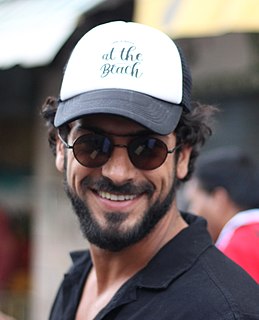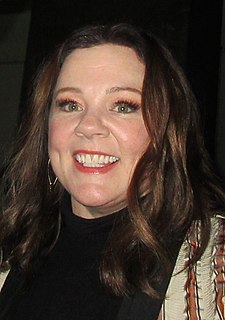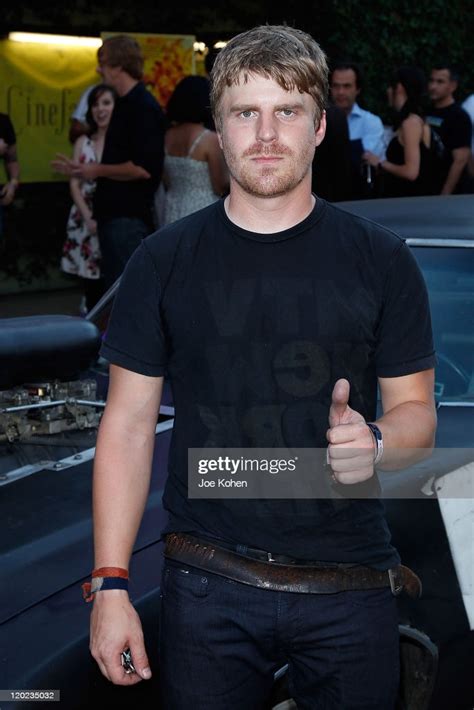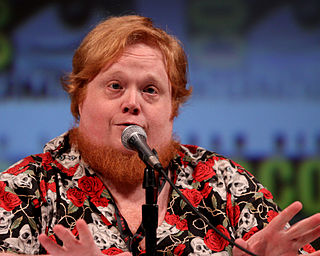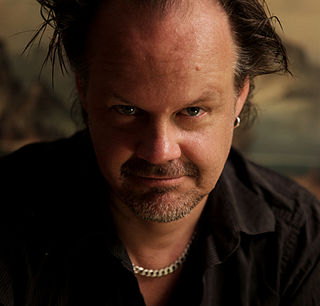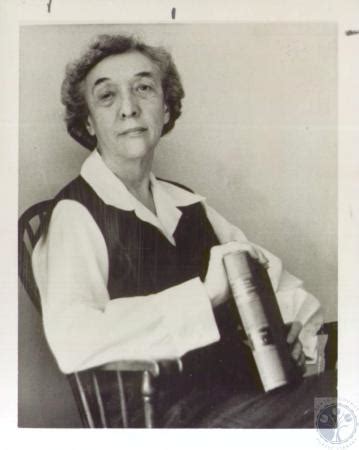A Quote by Juan Pablo Di Pace
For 'A.D.,' when I got the script, I was really moved, because even though it told a story that I knew all my life, it was told in a different way. It was told from a very personal point of view.
Related Quotes
My wife told me, "Listen, you have to do something big, beautiful story." I remember that I read The Shack script and I told her that there is a big message over here, and as a Jew, I read the script, and I didn't see anything that connects to religion. It's not about religion, it's about faith, it's about God, and I connected with it, because from my point of view, there is God in this world.
I think there's so many points of view that you want to make sure your stories are being told from men and women... you get all of the different backgrounds. You don't want every story being told from the same point of view. So just for better storytelling, I'm like, 'Yes, please, bring some more ladies on.'
The format of the book was the idea of my wonderful editor, Stephen Segal. Stephen and I had worked together before, on projects for the Interstitial Arts Foundation, and when he got the idea for an accordion-style book, he called and asked if I could write the story for it. I told him that I would love to try! And I knew it had to be a love story, because that's the sort of story you really want to hear from both perspectives. I mean, imagine if Pride and Prejudice were told from Darcy's perspective as well as Elizabeth's. It would be quite a different story!
William Shakespeare was the most remarkable storyteller that the world has ever known. Homer told of adventure and men at war, Sophocles and Tolstoy told of tragedies and of people in trouble. Terence and Mark Twain told cosmic stories, Dickens told melodramatic ones, Plutarch told histories and Hans Christian Andersen told fairy tales. But Shakespeare told every kind of story – comedy, tragedy, history, melodrama, adventure, love stories and fairy tales – and each of them so well that they have become immortal. In all the world of storytelling he has become the greatest name.
Why do we protect children from life? It's no wonder that we become afraid to live. We're not told what life really is. We're not told that life is joy and wonder and magic and even rapture, if you can get involved enough. We're not told that life is also pain, misery, despair, unhappiness, and tears. I don't know about you, but I don't want to miss any of it. I want to embrace life, and I want to find out what it's all about. I wouldn't want to go through life without knowing what it is to cry.

